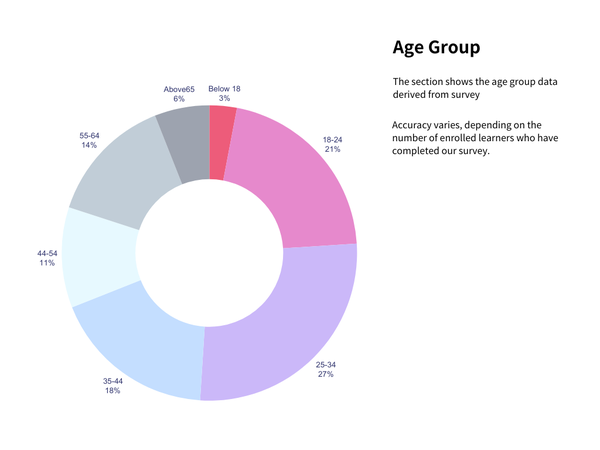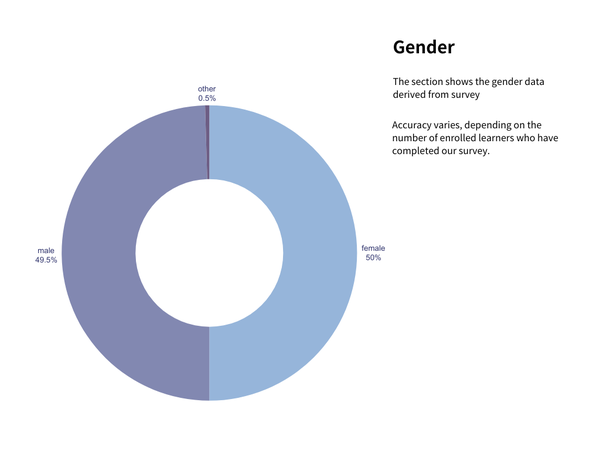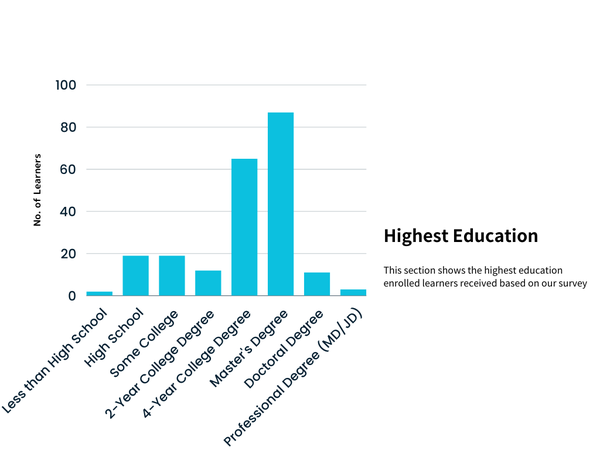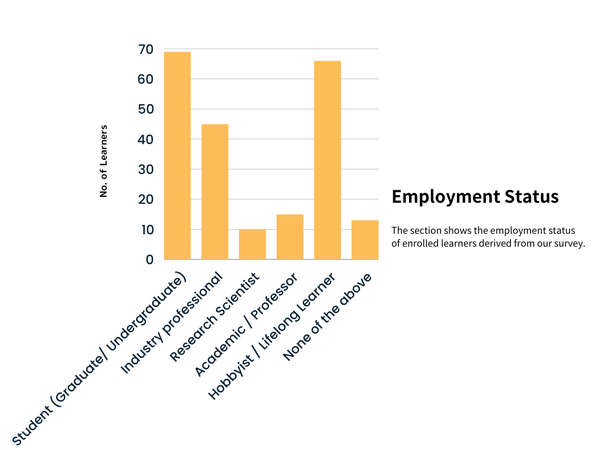Contemporary Garden City Concept from Asia
The course focuses on contemporary urban planning issues, particularly the Garden City concept, addressing the global trend of integrating green spaces into cities to combat environmental challenges. Cities worldwide are striving to introduce green elements regardless of location, driven by concerns such as climate change, natural disasters, and political instability. The course discusses the transition from traditional urban structures to dispersed green matrices, emphasizing the importance of green spaces in enhancing their resilience. It contrasts Western cities' vertical agricultural integration with historical Japanese cities' horizontal integration, advocating for a new approach to urban agriculture. Let's consider the concept of a contemporary Garden City, focusing on the symbiotic relationship between urban and rural land uses. Through a mixture of theoretical discussion and practical examples, this course explores strategies for realizing this urban planning vision. The course is offered in Japanese and English and is available at all times. Anyone can take the course from the Coursera website.
Instructor(s)
Instructors' Voices
The Contemporary Garden City Concept from an Asian, particularly Japanese, perspective, highlighting the potential for sustainable urban planning. It not only illustrates differences in urban-rural integration but also underscores the global relevance of this issue. To explore international perspectives on Japanese urban agriculture and its implications for the Contemporary Garden City Concept.
Highlights
Highlight video:Contemporary Garden City Concept from Asia1
Highlight video:Contemporary Garden City Concept from Asia2
Highlight video:Contemporary Garden City Concept from Asia3
Learners' Statistics





